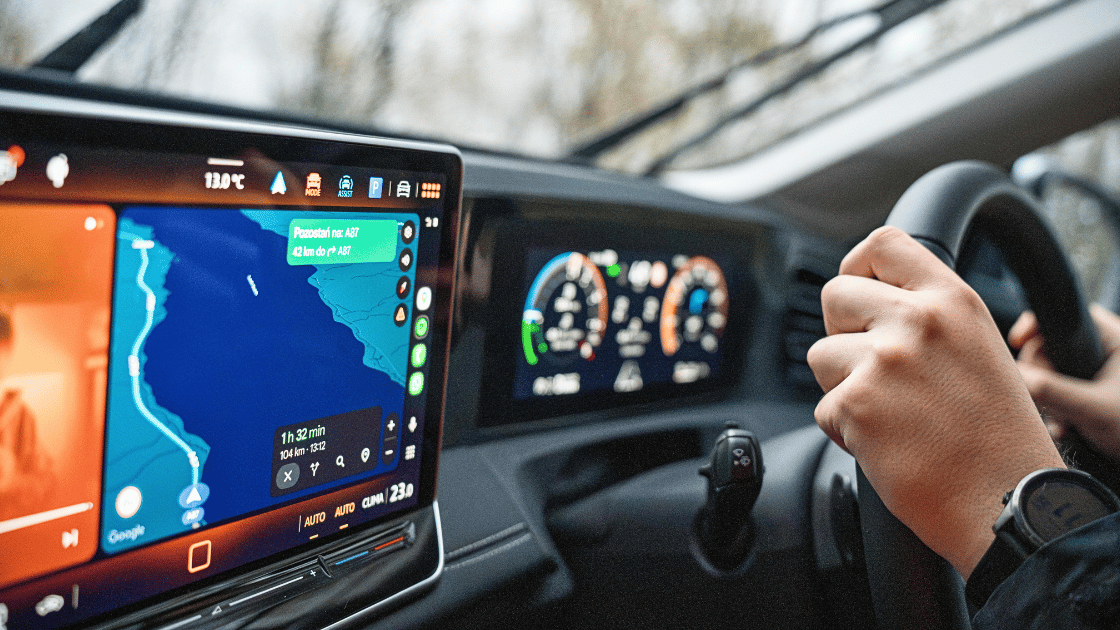The Preventing Auto Recycling Thefts (PART) Act, which seeks new protections for catalytic converters and stricter penalties for stealing them, is once again, under congressional review.
For context: Catalytic converters are an essential part of a vehicle's exhaust system that convert harmful emissions into less toxic substances.
However, these parts also contain small (but lucrative) amounts of rare precious metals—mainly platinum, palladium and rhodium.
And during the COVID-19 pandemic, when the value of these precious metals jumped, catalytic converter thefts surged.
Why it matters: What starts out as a quick payday for thieves, ends up costing consumers and dealers thousands of dollars. According to data from Kelley Blue Book, the average cost for catalytic converter replacement at a dealership is nearly $2,300.
By the numbers: The National Insurance Crime Bureau (NICB) reports that in 2022, there were almost 8,000 catalytic converter thefts each month (or 95,318 annually).
In 2023, thefts fell to about 3,600 per month, or 43,674 for the year.
And the latest data from the NICB shows thefts still declining. In 2024, there were only 14,036 reported thefts.
The problem: This data is derived from insurance claims and doesn’t include the thefts that go unreported to agencies.
And Charlie Dyjak, Senior Manager of Legislative Affairs for the National Automobile Dealers Association (NADA), which has been lobbying in support of the bill, told CDG News that the number of actual catalytic converter thefts is almost impossible to track.

Charlie Dyjak
The reason: Catalytic converters are not traceable back to a car’s vehicle identification number (VIN).
However, the PART Act would require catalytic converters (on a national scale) to carry a traceable ID number, giving law enforcement a better chance to crack down on theft.
By making each converter easier to link to its original vehicle, the measure aims to deter criminals from reselling them on the secondary market.
Dyjak also explained that the bill would require much more documentation from recyclers and secondary market purchasers.
Otherwise, harsher penalties will be inflicted.
The bill (S.2238), sponsored by Senators Amy Klobuchar (D-MN) and Bernie Moreno (R-OH), as well as Representatives Jim Baird (R-IN) and Betty McCollum (MN), is now under committee review, and has several more steps to go before being signed into law.

OUTSMART THE CAR MARKET IN 5 MINUTES A WEEK
No-BS insights, built for car dealers. Free, fast, and trusted by 55,000+ car dealers.
But dealers like Ryan Gremore, President of the O’Brien Auto Team of Bloomington-Normal, are hopeful for a positive outcome.
“I know there's some costs involved with the manufacturers to stamp these, but there's already parts being stamped, and I'm sure that there's a way that... We can get this thing over the finish line and allow these auto manufacturers to stamp these parts that can be traced back and start to put a stop to this,” he told CDG News.

Ryan Gremore
Because between the lines: The alternative options are costly for dealers and consumers.
Gremore considered hiring private security as an upgrade to his 24/7 camera monitoring system, and even installed some metal cages underneath the vehicles in his inventory.
But the expenses were too prohibitive, and none of his customers seemed interested in adding a metal cage to the cost of their car.
“[As a dealer], you can't park every car you have inside. And obviously, it's not just us that's affected. The public is the most affected by it because not everybody's got a garage to park in bigger cities. Bigger cities are easier to steal these things on dark streets where law enforcement may be,” he explained.
And you know, these parts are occasionally on back order. So it can be three, four, five, six months before a consumer can even have a part ready and available to install depending on supply,” he added. “You know, no one wants to drive around in their car without a catalytic converter on. It sounds like you're driving an airplane.”
Bottom line: Only 11% of bills ever make it to committee, and ever fewer get signed into law. We’ll have to wait and see if this one can finally go the distance.
A quick word from our partner
Think your leads go cold after Day 3? The data says otherwise.
Foureyes analyzed 8M+ leads and found a clear blind spot: nearly 30% of deals close Day 4 and beyond, but most teams have already moved on.
What else does the data reveal? How can it be used to adjust your playbook?
Join this discussion tomorrow to find out. Urban Science is bringing defection data. Dealers are weighing in.
Live tomorrow @ 2pm ET












